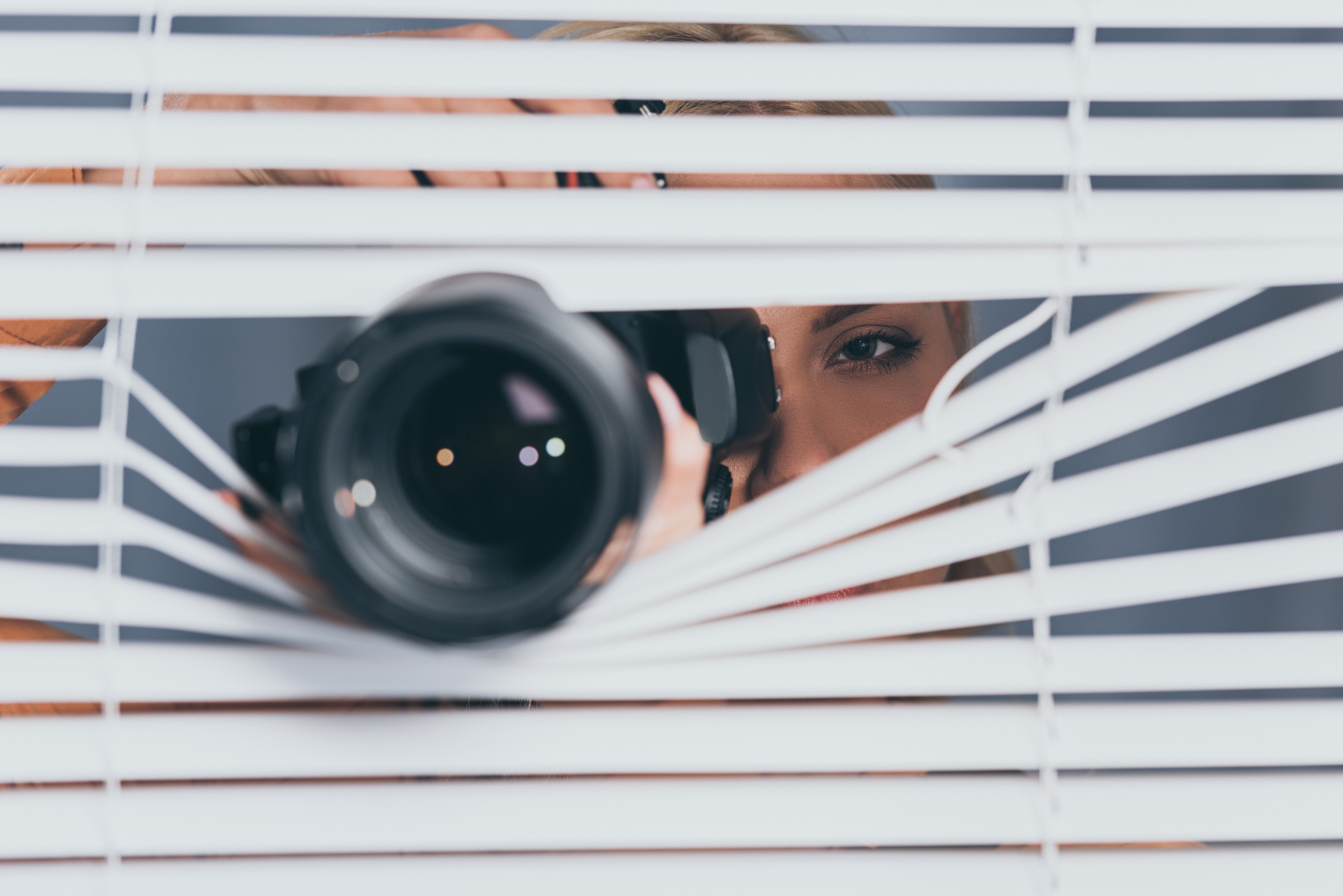
Image Source: 123rf.com
Sometimes we do things that are fun, wild and exciting like changing our hair color or buying the latest model care. This is because we all crave acknowledgment and connection, but sometimes our actions can inadvertently attract the wrong kind of attention. Reflecting on our behaviors can help ensure we’re presenting ourselves authentically and positively. Here are ten habits that might be drawing unwanted attention and how to address them.
1. Oversharing Personal Details
In the age of social media, it’s easy to share intimate aspects of our lives with a broad audience. However, divulging too much personal information can make others uncomfortable or invite unwelcome judgments. It’s essential to find a balance between openness and privacy. Before oversharing, consider if the information is appropriate for the audience and setting. Maintaining some mystery can foster deeper, more meaningful connections.
2. Constantly Seeking Validation
Regularly fishing for compliments or seeking reassurance can signal insecurity. While it’s natural to seek affirmation occasionally, overdoing it can be off-putting. Building self-confidence and practicing self-affirmation can reduce the need for external validation. Engage in activities that make you feel accomplished and proud. Remember, self-worth comes from within, not from others’ opinions.
3. Interrupting Conversations
Cutting others off mid-sentence can be perceived as rude and attention-seeking. Active listening is a crucial component of effective communication. Allow others to finish their thoughts before responding. This shows respect and fosters mutual understanding. Practice patience and mindfulness during discussions to improve your conversational skills.
4. Exaggerating Stories or Achievements
Embellishing tales or overstating accomplishments might seem like a way to impress, but it can lead to mistrust. Authenticity resonates more with people than hyperbole. Share your experiences honestly, and others will appreciate your genuineness. Remember, everyone has unique stories worth telling without the need for exaggeration.
5. Displaying Excessive Emotional Reactions

Image Source: 123rf.com
Overly dramatic responses to situations can draw negative attention. While it’s essential to express emotions, managing them appropriately is equally important. Practice emotional regulation techniques, such as deep breathing or pausing before reacting. This helps in conveying your feelings effectively without overwhelming others.
6. Dressing Inappropriately for the Occasion
Wearing attire that doesn’t align with the event or setting can attract unwanted attention. It’s important to consider the context and dress accordingly. This doesn’t mean suppressing your style but finding a balance that respects the occasion. Appropriate attire shows awareness and respect for social norms.
7. Dominating Conversations
Monopolizing discussions without giving others a chance to speak can be perceived as self-centered. Engaging in a two-way dialogue fosters better relationships. Ask open-ended questions and show genuine interest in others’ perspectives. This creates a more inclusive and enjoyable interaction for everyone involved.
8. Frequently Complaining or Being Negative
Constant negativity can repel others and draw adverse attention. People tend to avoid those that are always complaining. While it’s okay to share challenges, balancing them with positive insights is crucial. Practice gratitude and focus on uplifting topics during conversations. This not only improves your mood but also makes you more pleasant to be around.
9. Engaging in Public Displays of Affection Excessively
While showing affection is natural, over-the-top displays in public can make onlookers uncomfortable. It’s essential to be mindful of the setting and audience. Save more intimate moments for private settings. Respecting public boundaries shows consideration for others’ comfort levels.
10. Overusing Social Media for Attention
Constantly posting for likes or comments can come across as attention-seeking. Reflect on the motivation behind your social media activity. Engage in offline activities that bring joy and fulfillment. Building real-world connections can be more rewarding than virtual validation.
The Right Kind of Attention
By paying attention to your habits and making conscious adjustments, you can attract the right kind of attention—one that reflects your true self and fosters genuine relationships. Authenticity is the key to meaningful connections. Share this article with friends and family to encourage self-reflection and positive change.
Have you ever done something and received unwanted attention? How did you change your behavior? Tell us more in the comments below.
Read More:
From Promise to Peril: 10 AI Advancements That Could Go Horribly Wrong
7 Types of Nursing Homes You Should Never Leave Your Parents In

Latrice is a dedicated professional with a rich background in social work, complemented by an Associate Degree in the field. Her journey has been uniquely shaped by the rewarding experience of being a stay-at-home mom to her two children, aged 13 and 5. This role has not only been a testament to her commitment to family but has also provided her with invaluable life lessons and insights.
As a mother, Latrice has embraced the opportunity to educate her children on essential life skills, with a special focus on financial literacy, the nuances of life, and the importance of inner peace.
Leave a Reply